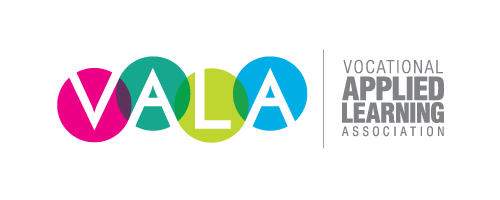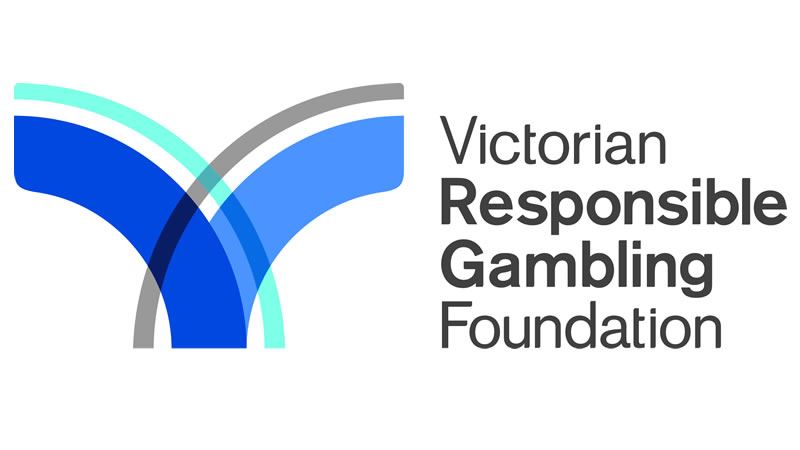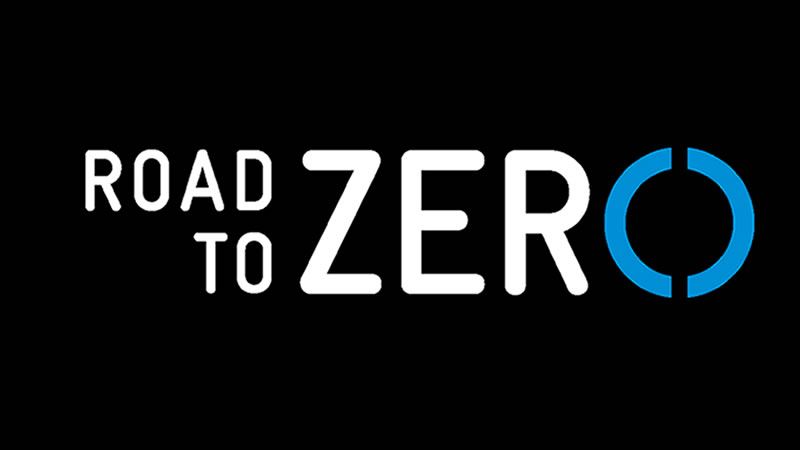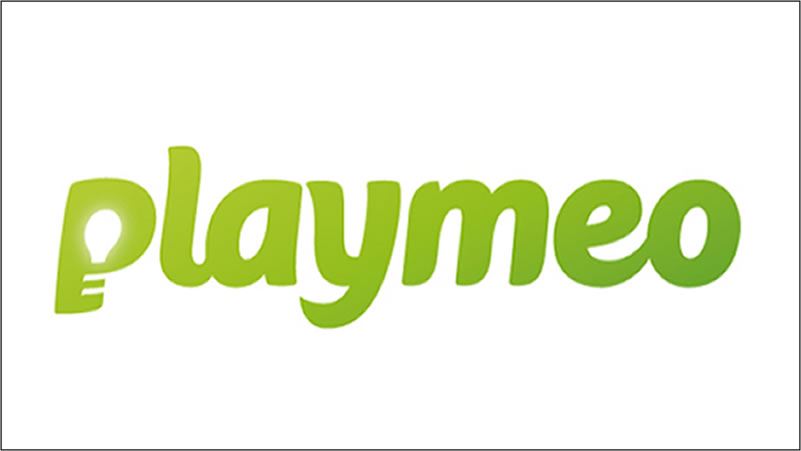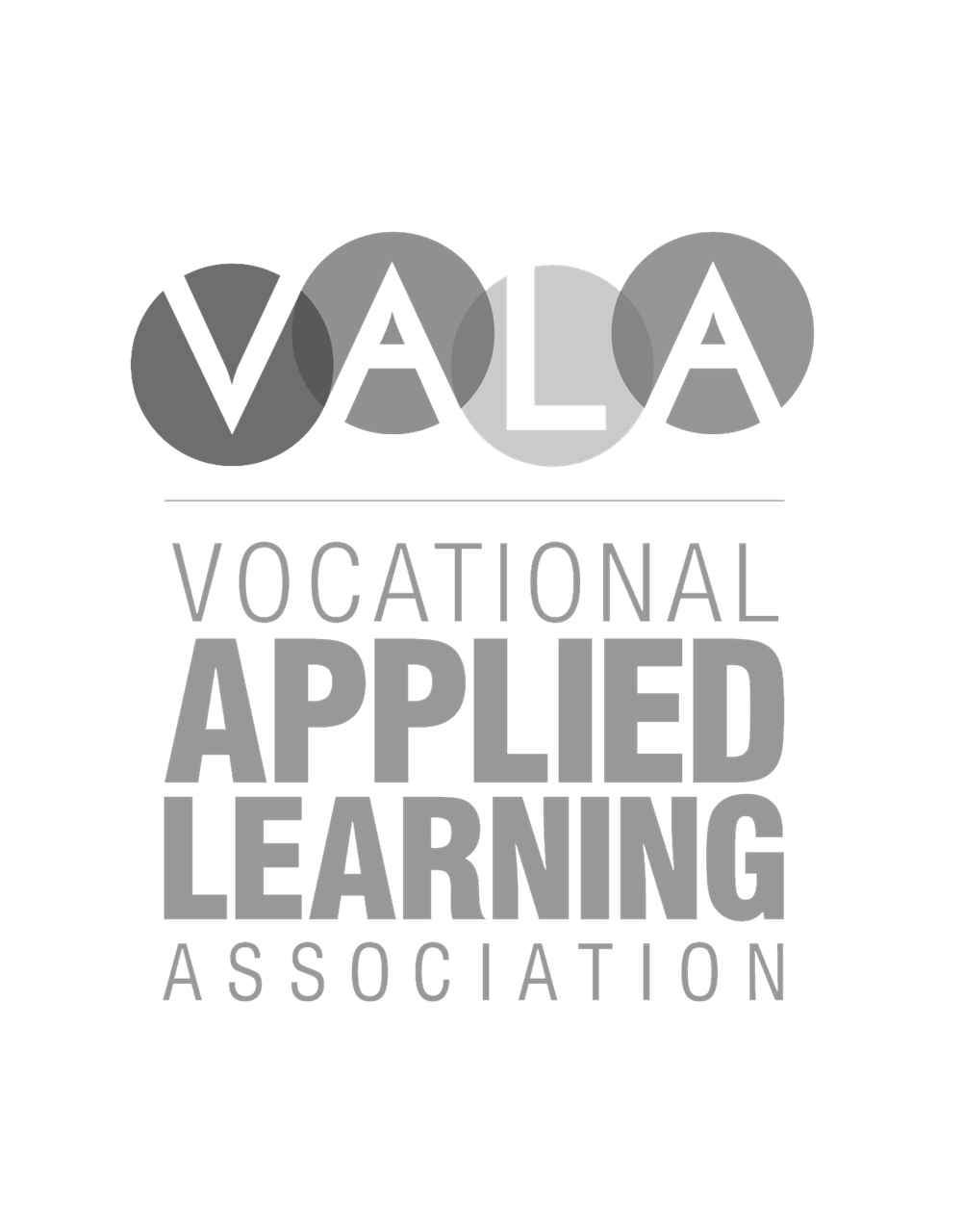VALA Supporters |
Quick links | MEMBERSHIP LINKS | Upcoming events
|
ABN 79 587 098 915 • Inc Assn A0047343M
|
VALA respectfully acknowledge the Traditional Owners of Country throughout Victoria and pay respect to the ongoing living cultures of First Peoples.
We respectfully acknowledge that sovereignty was never ceded.
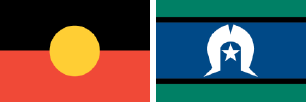
This site may contain links to third party sites and resources and information provided by third parties. Links to third party sites or materials published on the Victorian Applied Learning Association website should not be viewed as endorsed by the Victorian Applied Learning Association. The Victorian Applied Learning Association does not accept any responsibility or liability for the conduct or content of third party sites and/or offerings made by the third parties. © 2021 Victorian Applied Learning Association. |
